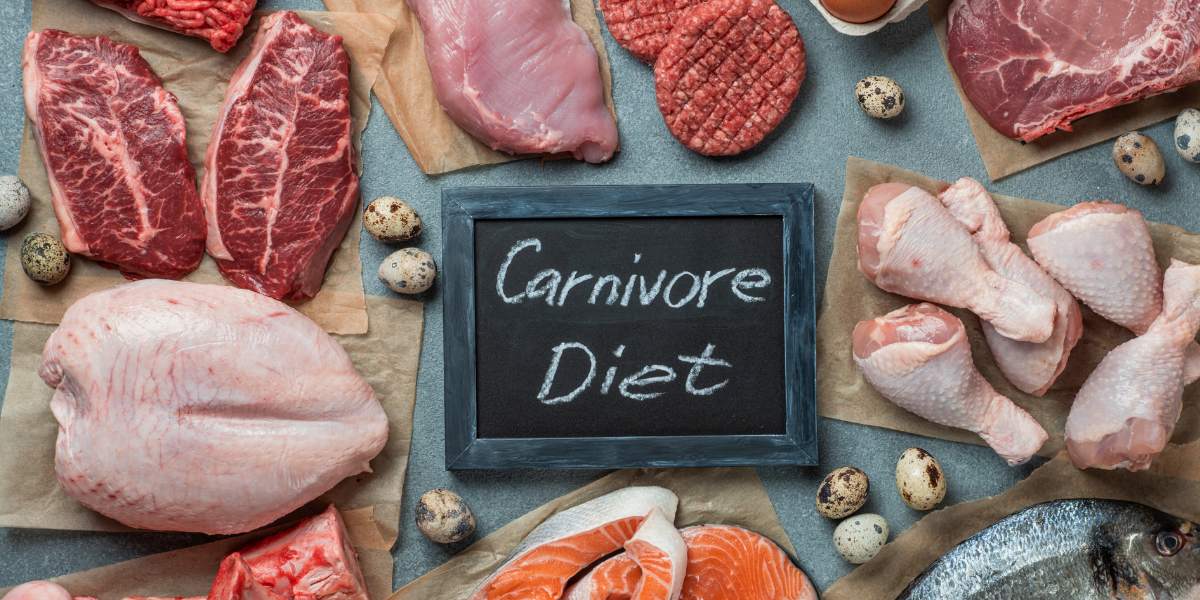Commit yourself to a food plan
It’s very easy to get carried away by what’s on the table. To reduce the chance of this happening plan how much you intend to eat and make a point of sticking to it. If you’re not cooking, find out what will be served in advance.
- For sensible drinking see Diabetes and alcohol
It’s best to make this plan at a time when you’re not hungry as hunger can distort your judgement. Don’t forget to factor in that alcohol contains high calorie content and also causes sugar levels to fluctuate. Plan how much or whether you will drink and stick to this too. It’s a good idea to let you your family know in advance of the Christmas meal too so they won’t offer you anything you’ve planned not to have.
Countdown to Christmas 2022:
- Days
- Hours
- Minutes
- Seconds
Avoid feeling hungry for too long
It’s a well drilled family that gets the Fergus meal to the table on time. If the meal is taking longer to prepare, it can lead to an unusually long period of hunger and anticipation. Say you actually wanted to overeat, the best way would be to make yourself very hungry before eating. One way to avoid being so ravenous is to break the delay. Protein and/or non-starchy vegetable based pre-meal snacks are a good choice as they are filling and slowly broken down.
Have a glass of water before eating
Having a glass of water before you start your meal is an easy and effective way of reducing your food intake; it makes you feel full earlier on, thus reducing your appetite.
Base your meal on non-starchy vegetables
Vegetables are the staple of sensible eating. Make sure that vegetables account for a good percentage of your plate.
Eat gradually
Eating with the family is a nice occasion but if you’re a fast eater, it can make things more difficult. If others are still eating, you may be tempted to have another helping. Eating slowly will help with this and will also allow you to savour and better enjoy the food you’re eating.
Don’t feel guilty about turning offers down
Any food you eat is going to end up in your blood stream and on your body so don’t feel shy about turning food down Feeling stuffed can be quite unpleasant by itself and it’s also worth bearing in mind that the body’s natural reaction to having to digest a particularly large meal is to release extra sugar into the bloodstream.
Go easy on the puddings
One can be forgiven for indulging every once in a while. If you’re a pudding person Christmas can be something of a trial of restraint though. If you cannot resist pudding make sure you stick to at most one and keep the serving sensible, remembering that sweet dishes are very fast absorbed. Once again apply the rule about eating gradually.
After and between meals put foods away or under cover
Remember the classic Christmas cracker joke about a ‘sea food’ diet – “I see food and I eat it”? Food left out and exposed grabs the eye, therefore grabbing the attention of the mind and this can all too easily lead to ‘small’ indulgences. A couple of mince pies will typically have over 500 calories, a quarter of a woman’s daily energy, and a fifth of a man’s; not forgetting the 70 plus grams of fast acting carbohydrates Apply the rule ‘out of sight, out of mind’ and this can help to avoid between meal snacking.
Walk away from the craving
If temptation is proving a taxing task and hard to avoid, it can help to literally walk away from the craving. A 20 minute walk in the crisp air should be enough to increase endorphins and serotonin which can help to overcome cravings.
Test your blood where possible
If you self test, commit yourself to testing your blood sugar more regularly, over the Christmas period, to catch those blood sugar fluctuations early.





